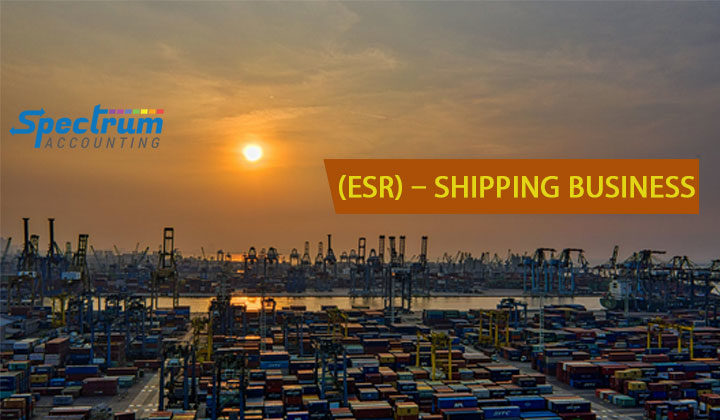To undertake a Shipping Business, a Licensee must operate one or more ships in international traffic, for the transport of either passengers, cargo or both.
The definition of a “ship” for purposes of the Regulations does not include:
- vessels used for fishing;
- vessels that are “small” (i.e. tonnage does not exceed ten tonnes); and
- leisure vessels (e.g. cruise ships and private yachts).
Further, the following activities will be considered a Shipping Business only where they are undertaken by a Licensee in connection with the business of operating a ship, or ships, in international traffic:
- the rental on a charter basis of ships
- the sale of tickets or similar documents
- the use, maintenance or rental of containers
- the management of the crew of ships.
The chartering of ships on a bareboat basis does not fall within the scope of a Shipping Business because the entity which charters the ship does not operate the ship. This activity may however fall within the scope of a Lease-Finance Business (depending on the terms of the bareboat charter arrangement).
Travel agencies and international shipping agencies will not be treated as carrying on a Shipping Business merely on the basis of selling tickets to passengers for international travel by ship. Entities that arrange for their own or other businesses’ goods to be transported overseas by sea are also not considered engaged in a Shipping Business, unless they themselves operate the relevant ships.
Core Income-Generating Activities of a Shipping Business
The Regulations mention the following CIGAs for a Shipping Business:
- ‘Managing crew (including hiring, paying and overseeing crew members)’ – This CIGA could include the sourcing, recruitment, selection, deployment, scheduling, training, and on-going management of the crew deployed on the vessels, including the associated administration (payroll, insurance, tax and social security withholding) and logistics (travel arrangements, temporary accommodation etc.).
- ‘Overhauling and maintaining ships’ – This CIGA involves having responsibility for, and the related decision making in respect of, the lifting of vessels from the water for maintenance and the general maintenance of ships.
- ‘Overseeing and tracking shipping’ – This CIGA refers to the management and oversight of the logistical aspects of the international transportation of cargo and passengers by ship, including overseeing and managing ship movements.
- ‘Determining what goods to order and when to deliver them, organising and overseeing voyages’ – This CIGA involves activities to determine how a ship is to be utilised, the types of cargo acceptable and the scheduling of the delivery of such cargos, managing the logistical aspects of the operation of ships, determining which routes to use, and ensuring necessary contingency arrangements are in place.
Examples:
Example 1)
Water LLC owns a passenger ship and its business is to operate that ship in international traffic to carry passengers from the UAE to other Middle East countries. Water LLC is within the scope of a Shipping Business because it operates a ship in international traffic for the transport of passengers.
SailorCorp LLC provides and manages the crew of Fourth Fleet LLC’s ship as part of its crew management business, but SailorCorp LLC does not operate the ship. SailorCorp LLC is not related to Fourth Fleet LLC.
SailorCorp LLC is not considered to carry on a Shipping Business because it does not operate the shipswhereitscrewisbeingdeployed. Themereprovisionofcrewandshipmanagement services is not considered as “operating a ship” for purposes of the Regulations.
Because SailorCorp LLC is not related to Fourth Fleet LLC, SailorCorp LLC would also not be within the scope of the Regulations as a “Distribution and Service Centre Business”.
Example 2)
Charter LLC owns a ship and charters it on a bareboat basis to Cargo LLC that uses and operates the ship to carry cargo from the UAE to other countries.
Charter LLC does not operate the ship it has chartered to Cargo LLC, or any other ship, and is therefore not considered engaged in a Shipping Business.
Cargo LLC, on the other hand, is considered as carrying on a Shipping Business because it operates the ship it has chartered for the international transportation of cargo. It is not relevant that Cargo LLC is not the owner of the ship.
Reach out to Spectrum to know everything about ESR. Contact at +971 50 9866466 or email us at [email protected] now!



 contact us
contact us